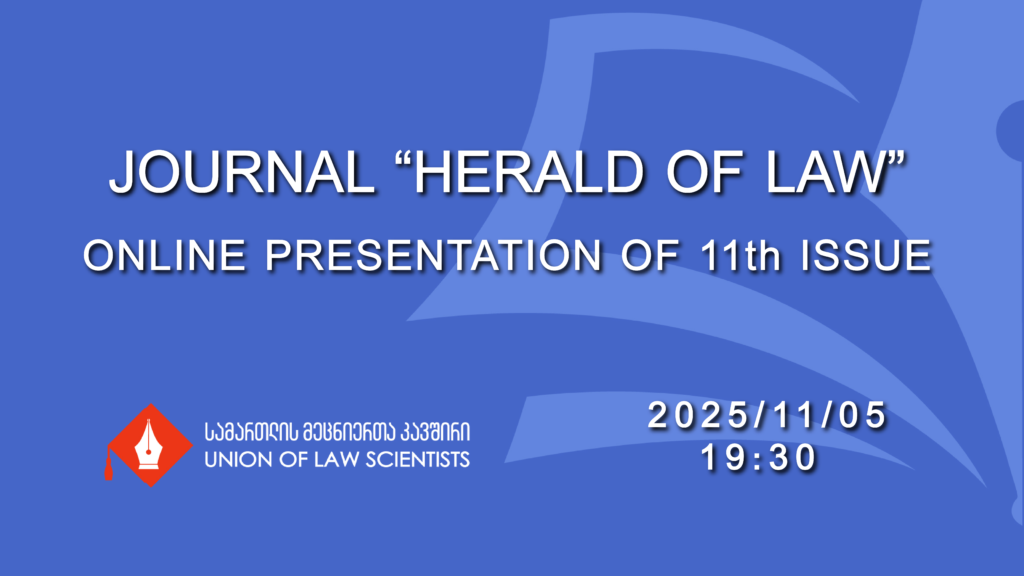The fairness of criminalizing prison breaks
Abstract:
This study explores the validity of criminalizing prison escape through the perspectives of law and philosophy. Using a comparative legal method, the article reviews various approaches to this topic, then analyzes the regulation of prison escape under Georgian legislation and assesses the justification for its criminalization.
Broadly, there are two primary approaches to prison escape: decriminalization, as seen in Germany, and criminalization. When opting for criminalization, it is crucial to consider the harm caused by the act, the interests protected by criminalizing it, and the necessity of imposing punishment. The debate around criminalizing prison escape involves balancing the human desire for freedom with society’s need for protection. The rationale includes safeguarding the efficiency of law enforcement and judicial bodies, as escape necessitates the mobilization of resources, poses a risk of recidivism, and undermines public confidence in law enforcement capabilities.
However, this study argues that the existing legal norm fails to adequately protect these interests. The potential harms associated with prison escape are already covered under other criminal provisions, and punishing the act infringes on the fundamental human desire for freedom. Thus, in a liberal democracy, the decriminalization approach prevalent in Germany appears more balanced and philosophically defensible compared to the traditional criminalization model.
Keywords:
Criminal law, Philosophy, Freedom










